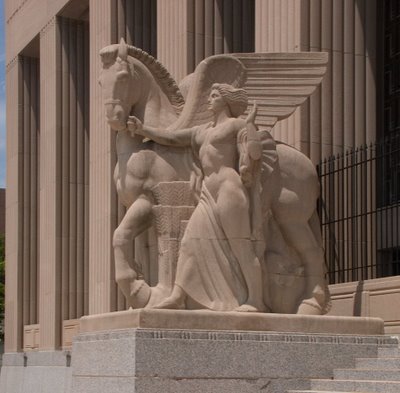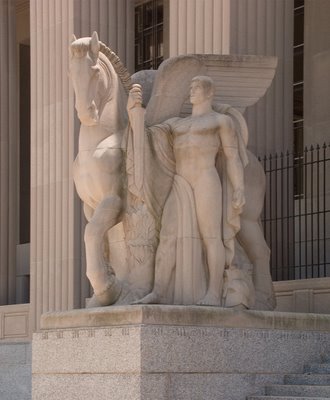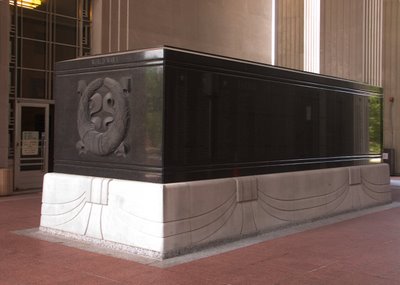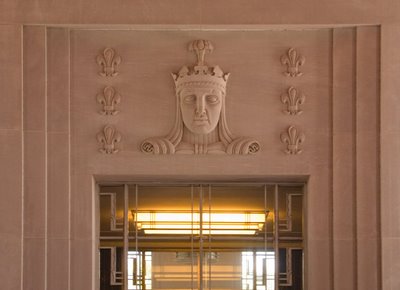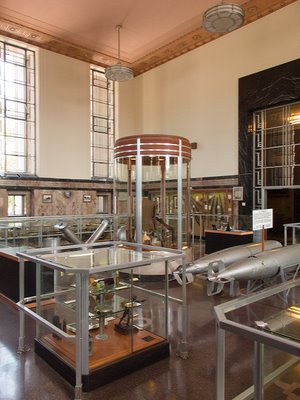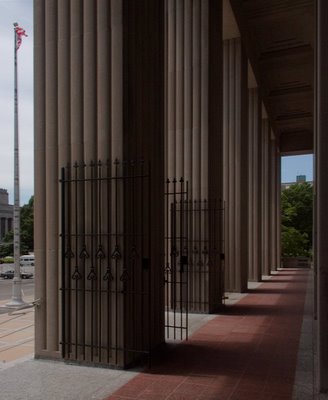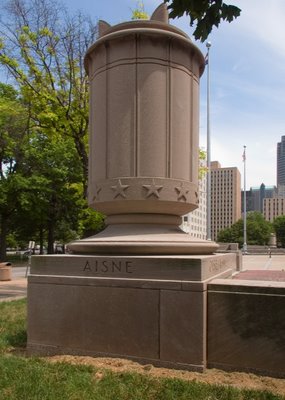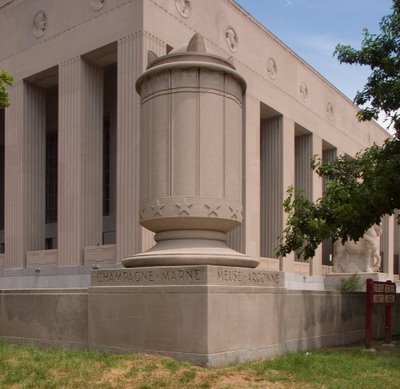
Another beautiful sunset.



We invite you to be
with us everyday of the nine days of
our outdoor Novena to Our Lady of Mount Carmel
We hope you will be able to join us each evening in
A pilgrimage to Our Lady's Shrine
and participate with us in the
Daily Sacrifice of the Mass
beginning at 8:00 p.m.
in the Garden of Carmel
We are offering to you as
Your own Special Day of Prayer
JULY 8th
for you and your loved ones and all your intentions.THE ROSARY IS RECITED IN THE AIR-CONDITIONED CHAPEL EACH EVENING AT 7:15 P.M. PRIOR TO THE OUTDOOR NOVENA SERVICES FOR ANYONE WHO WISHES TO ATTEND AND AT 7:55 P.M. THROUGHOUT THE YEAR.
HOLY MASS WITH THE OPPORTUNITY TO RECEIVE THE EUCHARIST WILL BE OFFERED EVERY NIGHT AT 8:00 P.M. WITH NOVENA PRAYERS AND HOMILY.
A PLENARY INDULGENCE IS GRANTED FOR EACH VISIT MADE TO OUR CHAPEL FROM NOON ON JULY 15TH THROUGH JULY 16TH UNDER THE USUAL CONDITIONS OF CONFESSION AND HOLY COMMUNION WITH PRAYERS FOR THE HOLY FATHER'S INTENTIONS.
The world's top scientists have joined forces to call for "evidence-based" teaching of evolution in schools.The evolution debate is polarized into two completely incompatible points of view, which is not helpful, since it tends to force people to go on one side or the other. The politics of the teaching of evolution is therefore quite ugly. Science and religion are seen as mutually incompatible and everyone must choose one or the other.
A statement signed by 67 national science academies says evidence on the origins of life is being "concealed, denied, or confused" in some classes.
It lists key facts on evolution that "scientific evidence has never contradicted".
Evolution is a good example of that modern intelligence which, if it destroys anything, destroys itself. Evolution is either an innocent scientific description of how certain earthly things came about; or, if it is anything more than this, it is an attack upon thought itself. If evolution destroys anything, it does not destroy religion but rationalism. If evolution simply means that a positive thing called an ape turned very slowly into a positive thing called a man, then it is stingless for the most orthodox; for a personal God might just as well do things slowly as quickly, especially if, like the Christian God, he were outside time. But if it means anything more, it means that there is no such thing as an ape to change, and no such thing as a man for him to change into. It means that there is no such thing as a thing. At best, there is only one thing, and that is a flux of everything and anything. This is an attack not upon the faith, but upon the mind; you cannot think if there are no things to think about. You cannot think if you are not separate from the subject of thought. Descartes said, "I think; therefore I am." The philosophic evolutionist reverses and negatives the epigram. He says, "I am not; therefore I cannot think."Not surprisingly, the idea of evolution has never been much of a problem among Catholics; instead, it is the meaning attached to evolution that is important. Far from being a new theory, evolution was proposed at least 2500 years ago, and has cropped up in numerous forms over the centuries; the arguments for and against it have therefore been well established since antiquity.
"Two choices lie ahead. One is between directed human evolution and the natural kind, the other is whether to allow or promote speciation."This is human intelligent design under the guise of evolution. "True evolution" of any kind takes millions of years according to scientists; what these folks are actually proposing is forced breeding. Promoting speciation? Whatever for? We live in an era when some propose that human rights be given to apes, Perhaps soon some humans will lose that status and instead be reduced to slavery. It's happened before.
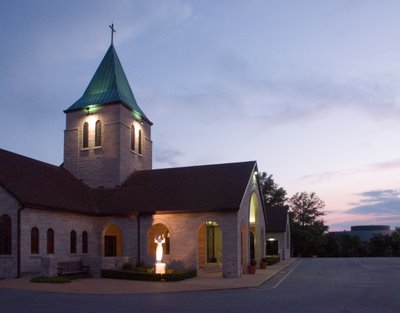
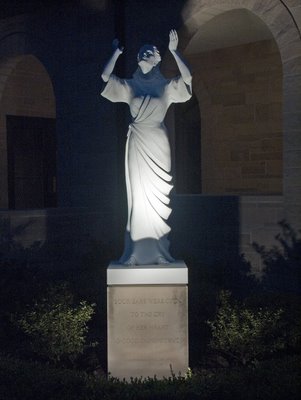
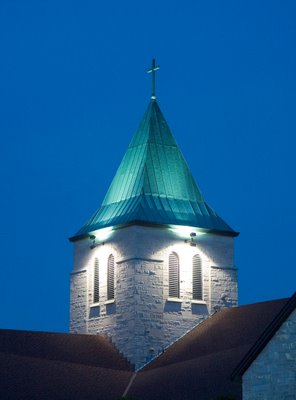
By 578 to 242 the House of Deputies refuses to consider, resolution D058 entitled, "Salvation in Christ Alone"(Found through Dawn Eden)
David Clohessy was watching a movie when he says the first memory came back to him - a horrible image that he says remained deep in his subconscious for more than 20 years.We all have memories that we would like to forget. And sometimes, bad memories can be forgotten for a very long time. But we usually remember that we have bad memories and by force of will, keep those memories in the subconscious: if they flow in our minds, we can train ourselves to let them flow back out again, instead of obsessing about them. But this new theory of repressed memories says that due to trauma, we can forget completely that something bad happened, and it can only be recovered by therapy.
The memory was of sexual abuse at the hands of a priest. Clohessy was 12.
"If you had asked me before that movie if I had been abused, I would have said 'no,'" Clohessy said. "And I would have passed a lie detector test, too. That's how repressed those memories were."
In 1991, Clohessy filed a lawsuit against the priest. Because of the Missouri statute of limitations, the case was thrown out a few years later.
But last week, the Missouri Supreme Court broke with precedent and allowed a man to proceed with a lawsuit based on repressed memories.
...Patrick Noaker, a lawyer from Minnesota who has filed more than 2,000 clergy or school sex abuse cases nationwide...is a big supporter of recovered memory therapy.
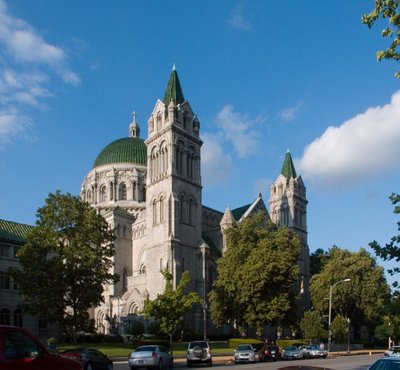
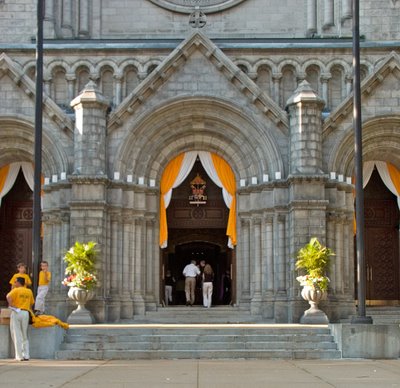
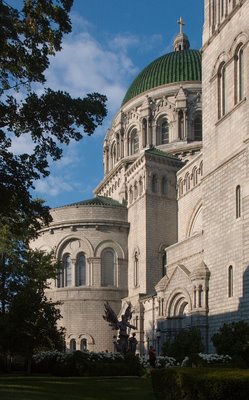
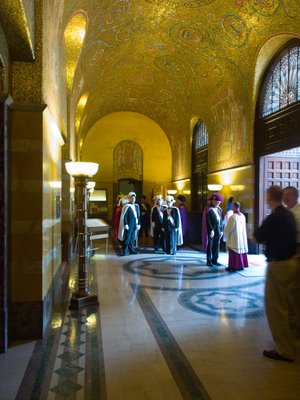
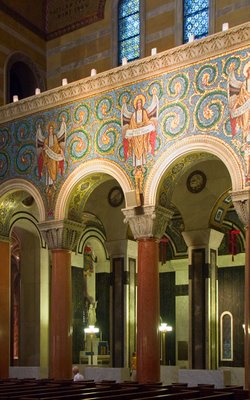
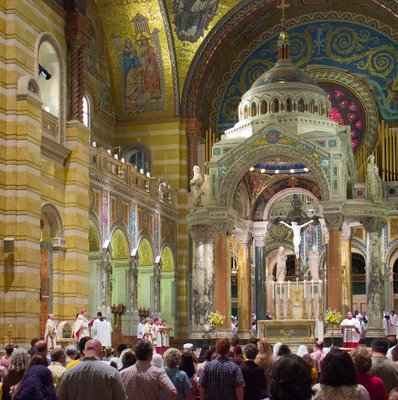


'See, also, from the opposite standpoint—the standpoint of the good—what a penalty attends upon the wicked. Thou didst learn a little since that whatever is is one, and that unity itself is good. Accordingly, by this way of reckoning, whatever falls away from goodness ceases to be; whence it comes to pass that the bad cease to be what they were, while only the outward aspect is still left to show they have been men. Wherefore, by their perversion to badness, they have lost their true human nature. Further, since righteousness alone can raise men above the level of humanity, it must needs be that unrighteousness degrades below man's level those whom it has cast out of man's estate. It results, then, that thou canst not consider him human whom thou seest transformed by vice. The violent despoiler of other men's goods, enflamed with covetousness, surely resembles a wolf. A bold and restless spirit, ever wrangling in law-courts, is like some yelping cur. The secret schemer, taking pleasure in fraud and stealth, is own brother to the fox. The passionate man, phrenzied with rage, we might believe to be animated with the soul of a lion. The coward and runaway, afraid where no fear is, may be likened to the timid deer. He who is sunk in ignorance and stupidity lives like a dull ass. He who is light and inconstant, never holding long to one thing, is for all the world like a bird. He who wallows in foul and unclean lusts is sunk in the pleasures of a filthy hog. So it comes to pass that he who by forsaking righteousness ceases to be a man cannot pass into a Godlike condition, but actually turns into a brute beast.'We now live in an age where men are taught that they are mere animals, and that they ought to act like them.
Police are patrolling the streets and residents are remaining calm in a University City neighborhood of several Orthodox Jewish families that has been the target of threatening letters and homemade bombs.It's strange that these bombs were set off over a week ago, and this is the first mention. Also, it's strange that the article makes out these bombings as nothing special, and nothing to be worried about.
Karen Aroesty, regional director of the Anti-Defamation League, said four letters were left on cars the week of June 6 in the neighborhood just to the north of Delmar Boulevard between Old Bonhomme and North and South roads, which has four synagogues. The letters appeared to be photocopies and said, "We are the people your mother warned you about," and "We know your every move." They were signed, "The People," and had "666" at the bottom.
Though the neighborhood has several Jewish families, a Catholic family in the 8100 block of Balson Avenue received one of the letters. A resident of the home, who did not want her name used, said a swastika was also written at the bottom of the letter. Her husband found it the morning of June 8 on his windshield and notified police.
Grand Rapids, Jun. 16, 2006 (CNA) - While the U.S. Catholic Bishops are currently meeting to discuss slight changes to the mass, delegates of the Christian Reformed Church in West Michigan are discussing how to resolve a historic condemnation of the Catholic mass, which appears in their Heidelberg Catechism.Oops! Just a misunderstanding! Sorry!
The Protestant catechism declares that the Catholic mass is “a condemnable idolatry” and, essentially, that it denies that Christ's crucifixion paid for humanity's sins once and for all....[but] advocates said the catechism got the Catholic mass wrong in the midst of the Reformation's theology war.


LONDON, England, June 12, 2006 (LifeSiteNews.com) - The Church of England has raised the alarm against new government proposals that will force churches, groups, and individuals to provide services to homosexuals, including blessing "marriages" or civil partnerships, or providing communion under pain of legal prosecution.
The 2006 Sexual Orientation (Provision of Goods and Services) Regulations, which are due for adoption October 2006, prohibit the discrimination of services based on sexual orientation, in the same manner in which discrimination based on race or sex is illegal.
The Nuremberg Code's requirement for voluntary consent from human research subjects has been highly influential in the development of national research ethics policies. However, strict adherence to the Nuremberg Code would curtail some types of socially important research and research involving children and adults not able to consent for themselves.THAT is why we call this ths "Culture of Death".
... Consequently, some research may proceed without the voluntary consent of the research subject.
"What we need is a discussion around how to best educate all of our kids, not just those that can afford to move to better districts in the suburbs. If that means setting up a system where the public school system must compete to attract students then so be it."
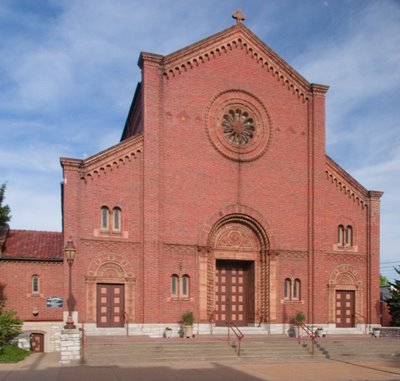
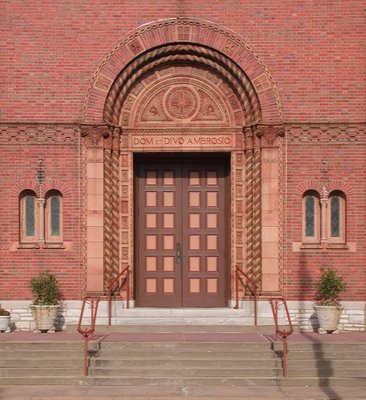

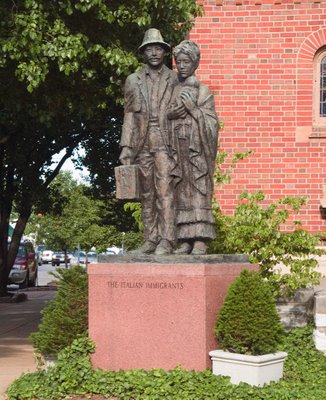
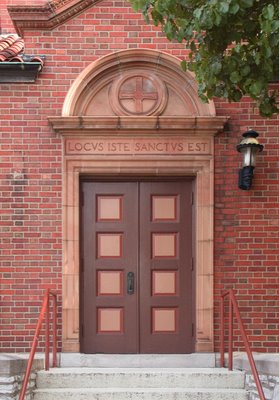
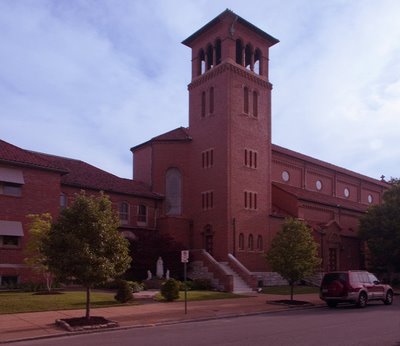
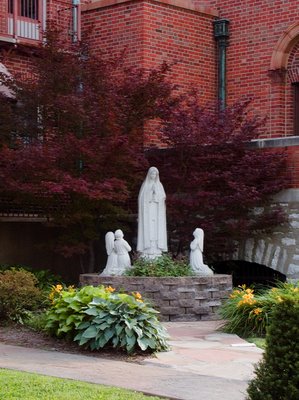


O, Sir, doubt not but that Angling is an art; is it not an art to deceive a Trout with an artificial Fly ? a Trout ! that is more sharp-sighted than any Hawk you have named, and more watchful and timorous than your high-mettled Merlin is bold ? and yet, I doubt not to catch a brace or two to-morrow, for a friend's breakfast: doubt not therefore, Sir, but that angling is an art, and an worth your learning. The question is rather, whether you be capable of learning it? angling is somewhat like poetry, men are to be born so: I mean, with inclinations to it, though both may be heightened by discourse and practice: but he that hopes to be a good angler, must not only bring an inquiring, searching, observing wit, but he must bring a large measure of hope and patience, and a love and propensity to the art itself; but having once got and practiced it, then doubt not but angling will prove to be so pleasant, that it will prove to be, like virtue, a reward to itself.Art, in the classical sense, is a virtue of a person; this virtue is developed with theoretical knowledge, and much practice. But a person must have natural inclinations to do an art well: just as we expect a man to be tall to be a good basketball player, a good angler must have hope and patience. Once a person acquires the virtue of an art, it is then a part of that person, whether or not they are actually doing the art. Finally, we know that a skill is a virtue when it gives pleasure to do it.
And for that, I shall tell you, that in ancient times a debate hath risen, and it remains yet unresolved, whether the happiness of man in this world doth consist more in contemplation or action? Concerning which, some have endeavoured to maintain their opinion of the first; by saying, that the nearer we mortals come to God by way of imitation, the more happy we are. And they say, that God enjoys himself only, by a contemplation of his own infiniteness, eternity, power, and goodness, and the like. And upon this ground, many cloisteral men of great learning and devotion, prefer contemplation before action. And many of the fathers seem to approve this opinion, as may appear in their commentaries upon the words of our Saviour to Martha.Angling, to us moderns, is overwhelmingly contemplative. When do we ever spend waking moments in complete silence? Perhaps we should consider who today practices the art of angling: country people, certainly, especially if they are unsophisticated; also, professional men, who need time alone from the stresses of their career; and finally, parents who want to spend quiet time with their children. And who would sneer at even the concept of angling? Perhaps they would be the modern sophists, cynics, skeptics, drug addicts, hedonists, and those who have overwhelming pride and self-esteem.
And on the contrary, there want not men of equal authority and credit, that prefer action to be the more excellent; as namely, experiments in physick, and the application of it, both for the ease and prolongation of man's life; by which each man is enabled to act and do good to others, either to serve his country, or do good to particular persons: and they say also, that action is doctrinal, and teaches both art and virtue, and is a maintainer of human society; and for these, and other like reasons, to be preferred before contemplation.
Concerning which two opinions I shall forbear to add a third, by declaring my own; and rest myself contented in telling you, my very worthy friend, that both these meet together, and do most properly belong to the most honest, ingenuous, quiet, and harmless art of angling.
And that they be fit for the contemplation of the most prudent, and pious, and peaceable men, seems to be testified by the practice of so many devout and contemplative men, as the Patriarchs and Prophets of old; and of the Apostles of our Saviour in our latter times, of which twelve, we are sure, he chose four that were simple fishermen, whom he inspired, and sent to publish his blessed will to the Gentiles; and inspired them also with a power to speak all languages, and by their powerful eloquence to beget faith in the unbelieving Jews; and themselves to suffer for that Saviour, whom their forefathers and they had crucified; and, in their sufferings, to preach freedom from the incumbrances of the law, and a new way to everlasting life: this was the employment of these happy fishermen. Concerning which choice. some have made these observations:More scriptural support:
First, that he never reproved these, for their employment or calling, as he did the Scribes and the Money-changers. And secondly, he found that the hearts of such men, by nature, were fitted for contemplation and quietness; men of mild, and sweet, and peaceable spirits, as indeed most Anglers are: these men our blessed Saviour, who is observed to love to plant grace in good natures, though indeed nothing be too hard for him, yet these men he chose to call from their irreprovable employment of fig, an, and gave them grace to be his disciples, and to follow him, and do wonders; I say four of twelve.
And it is observable, that it was our Saviour's will that these, our four fishermen, should have a priority of nomination in the catalogue of his twelve Apostles, as namely, first St. Peter, St. Andrew, St. James, and St. John; and, then, the rest in their order.
And it is yet more observable, that when our blessed Saviour went up into the mount, when he left the rest of his disciples, and chose only three to bear him company at his Transfiguration, that those three were all fishermen. And it is to be believed, that all the other Apostles, after they betook themselves to follow Christ, betook themselves to be fishermen too; for it is certain, that the greater number of them were found together, fishing, by Jesus after his resurrection, as it is recorded in the twenty-first chapter of St. John's gospel.
And if this hold in reason, as I see none to the contrary, then it may be probably concluded, that Moses, who I told you before writ the book of Job, and the Prophet Amos, who was a shepherd, were both Anglers; for you shall, in all the Old Testament, find fish-hooks, I think but twice mentioned, namely, by meek Moses the friend of God, and by the humble prophet Amos.Angling is much recommended to the priesthood:
Concerning which last, namely the prophet Amos, I shall make but this observation, that he that shall read the humble, lowly, plain style of that prophet, and compare it with the high, glorious, eloquent style of the prophet Isaiah, though they be both equally true, may easily believe Amos to be, not only a shepherd, but a good-natured plain fisherman. Which I do the rather believe, by comparing the affectionate, loving, lowly, humble Epistles of St. Peter, St. James, and St. John, whom we know were all fishers, with the glorious language and high metaphors of St. Paul, who we may believe was not.
And for the lawfulness of fishing: it may very well be maintained by our Saviour's bidding St. Peter cast his hook into the water and catch a fish, for money to pay tribute to Caesar. And let me tell you, that Angling is of high esteem, and of much use in other nations. He that reads the Voyages of Ferdinand Mendez Pinto, shall find that there he declares to have found a king and several priests a-fishing. And he that reads Plutarch, shall find, that Angling was not contemptible in the days of Mark Antony and Cleopatra, and that they, in the midst of their wonderful glory, used Angling as a principal recreation. And let me tell you, that in the Scripture, Angling is always taken in the best sense; and that though hunting may be sometimes so taken, yet it is but seldom to be so understood....
....And let me add this more: he that views the ancient Ecclesiastical Canons, shall find hunting to be forbidden to Churchmen, as being a turbulent, toilsome, perplexing recreation; and shall find Angling allowed to clergymen, as being a harmless recreation, a recreation that invites them to contemplation and quietness.A large percentage of the book is poetry. These verses are from Jo. Davors, Esq.:
....I say, this good man was a dear lover and constant practiser of Angling, as any age can produce: and his custom was to spend besides his fixed hours of prayer, those hours which, by command of the church, were enjoined the clergy, and voluntarily dedicated to devotion by many primitive Christians, I say, besides those hours, this good man was observed to spend a tenth part of his time in Angling; and, also, for I have conversed with those which have conversed with him, to bestow a tenth part of his revenue, and usually all his fish, amongst the poor that inhabited near to those rivers in which it was caught; saying often, "that charity gave life to religion ": and, at his return to his house, would praise God he had spent that day free from worldly trouble; both harmlessly, and in a recreation that became a churchman.
Let me live harmlessly, and near the brinkThe catholic imagination sees beauty and goodness as proving truth.
Of Trent or Avon have a dwelling-place
Where I may see my quill, or cork, down sink
With eager bite of Perch, or Bleak, or Dace;
And on the world and my Creator think:
Whilst some men strive ill-gotten goods t' embrace;
And others spend their time in base excess
Of wine. or worse. in war and wantonness
Let them that list, these pastimes still pursue,
And on such pleasing fancies feed their fill;
So I the fields and meadows green may view,
And daily by fresh rivers walk at will
Among the daisies and the violets blue,
Red hyacinth, and yellow daffodil,
Purple Narcissus like the morning rays,
Pale gander-grass, and azure culver-keys.
I count it higher pleasure to behold
The stately compass of the lofty sky;
And in the midst thereof, like burning gold,
The flaming chariot of the world's great eye:
The watery clouds that in the air up-roll'd
With sundry kinds of painted colours fly;
And fair Aurora, lifting up her head,
Still blushing, rise from old Tithonus' bed.
The hills and mountains raised from the plains,
The plains extended level with the ground
The grounds divided into sundry veins,
The veins inclos'd with rivers running round;
These rivers making way through nature's chains,
With headlong course, into the sea profound;
The raging sea, beneath the vallies low,
Where lakes, and rills, and rivulets do flow:
The lofty woods, the forests wide and long,
Adorned with leaves and branches fresh and green,
In whose cool bowers the birds with many a song,
Do welcome with their quire the summer's Queen;
The meadows fair, where Flora's gifts, among
Are intermix", with verdant grass between;
The silver-scaled fish that softly swim
Within the sweet brook's crystal, watery stream.
All these, and many more of his creation
That made the heavens, the Angler oft doth see;
Taking therein no little delectation,
To think how strange, how wonderful they be:
Framing thereof an inward contemplation
To set his heart from other fancies free;
And whilst he looks on these with joyful eye,
His mind is rapt above the starry sky.
The Trout is a fish highly valued, both in this and foreign nations. He may be justly said, as the old poet said of wine, and we English say of venison, to be a generous fish: a fish that is so like the buck, that he also has his seasons; for it is observed, that he comes in and goes out of season with the stag and buck. Gesner says, his name is of a German offspring; and says he is a fish that feeds clean and purely, in the swiftest streams, and on the hardest gravel; and that he may justly contend with all fresh water fish, as the Mullet may with all sea fish, for precedency and daintiness of taste; and that being in right season, the most dainty palates have allowed precedency to him.The book is full of scientific information, of widely-varying quality including direct observation by the author to myth and wild hearsay, and from authorities ancient and modern. It also offers excellent practical advice on angling and the spiritual life as well as what lies between. We shouldn't be surprised by this, because ancient life was not so compartmentalized: everything in this book is centered around virtue.
I will not forget the doctrine which you told me Socrates taught his scholars, that they should not think to be honoured so much for being philosophers, as to honour philosophy by their virtuous lives. You advised me to the like concerning Angling, and I will endeavour to do so; and to live like those many worthy men, of which you made mention in the former part of your discourse. This is my firm resolution. And as a pious man advised his friend, that, to beget mortification, he should frequent churches, and view monuments, and charnel-houses, and then and there consider how many dead bodies time had piled up at the gates of death, so when I would beget content, and increase confidence in the power, and wisdom, and providence of Almighty God, I will walk the meadows, by some gliding stream, and there contemplate the lilies that take no care, and those very many other various little living creatures that are not only created, but fed, man knows not how, by the goodness of the God of Nature, and therefore trust in him. This is my purpose; and so, let everything that hath breath praise the Lord: and let the blessing of St. Peter's Master be with mine.
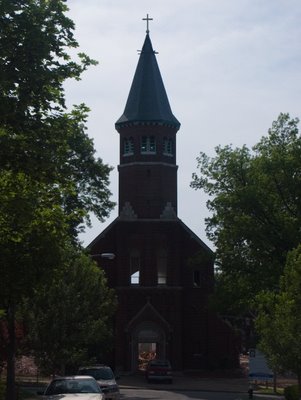


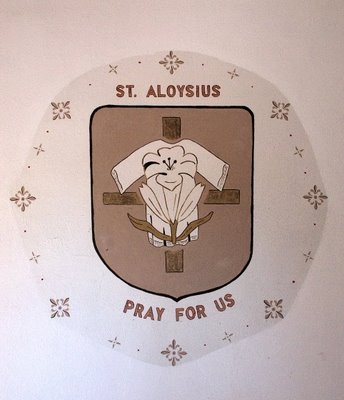







People of French descent poured into Maine and other New England states from Canada beginning in the 1870's and became the backbone of textile mills and shoe factories. But a backlash developed, stereotyping them as rednecks, dolts or inadequate patriots. In 1919, Maine passed a law requiring schools to teach in English.During the Enlightenment, it was noticed that states where everyone had the same nationality (including language and culture) were more stable and better organized than polyglot countries. As is usual with academic theories, description soon passes to prescription. Starting with the Reformation, and growing quickly after the French Revolution, this new kind of nationalism attempted to eliminate all regional variations and sub-groups within countries, particularly by universal single-language education.
French-Americans had a saying: "Qui perd sa langue, perd sa foi" ("Who loses his language, loses his faith"). But many assimilated or limited their children's exposure to French to avoid discrimination or because of a now-outmoded belief that erasing French would make learning English easier.
"There was just a stigma that maybe you weren't as bright as anybody else, that you didn't speak English as well," said Linda Wagner, 53, of Lewiston, who takes classes to reclaim language lost as a child.
"It's almost like I found religion," said Mr. Marquis, 68, suddenly choking with emotion. "My religion, No. 1, was French. I have a personal movement in my heart for it."This is very clear: this new kind of nationalism is for political purposes. We see the same thing along the southern U.S. border, with the oppressed illegal immigrant class seeking 'reconquest' of the southwest. This kind of nationalism was encouraged in Quebec with the "Quiet Revolution": the French were given much freedom, government money, and a strict language code all in exchange for losing their Catholic Faith. Typically associated with this new kind of nationalism is a divide-and-conquer quest for autonomy.


Well, I can tell you, at some length, if you don't mind, about one of my early experiences, my largest early experience, which was the St. Louis Soldiers' Memorial. The architect came to me with a design for a building, done in the style of the day, which was a kind of Art Deco, but a very ponderous architectural mass. Very good, I think for its kind. And they said, "Now we want winged horses on both sides of these entrances. What do winged horses mean?" And I said, "Well, the only winged horse that I know of was Pegasus, and that meant poetic inspiration." And they said, "Well, it can't mean that on this building. What can we make a winged horse mean?" And I thought, "Well, if you put figures beside the winged horses you might suggest that they have a certain meaning." So, that idea was agreed upon, and I made the models and they were approved by the architect, the sketch models, then the scale model, and we had finished three, there were to have been four altogether, a male and a female figure on each side of the building. I had reached the last one, which in my sketch was female figure shown bearing a floral offering of some kind, a wreath. And, they said don't bother submitting the scale model, we're in a hurry, just go ahead, it will be approved, everything is all right, and we'll get it out as fast as we can. So I did this figure of the woman, in which I changed what had been in the sketch to a figure of a child. This I had in my studio in New York, at the time I was living in my studio on 20th Street.Hancock received a classical education, and studied at Washington University, and at Paris and Rome. He did a considerable amount of Christian religious sculpture and worked with the noted Anglo-Catholic architect Ralph Adams Cram.
